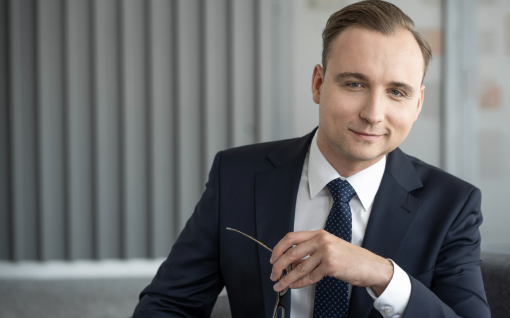What do brands such as Maserati, Yves Saint Laurent, Coco Chanel, Master Card and Volkswagen have in common? It is that their owners are filing trademark applications for goods and services to be protected in the Metaverse.
Why you need to protect brands and trademarks in the Metaverse
Trademark protection in the Metaverse has been discussed for a long time, but only in recent months has it become apparent how brands can be safely and securely present in the virtual world whilst being protected against any infringement.
The virtual world appears to be a fresh, almost idyllic place, but contrary to appearances, trademark infringements can occur even in the Metaverse.
This was recently seen by the manufacturer of the luxury brand Hermès, which took legal action against artist Mason Rothschild, the creator of ‘Metabirkin’ NFTs (non-fungible tokens), alleging that the NFT version of the famous Birkin handbags infringed the rights of the Hermès fashion house.
As such it is clear that cases of trademark infringement, not only of Premium brands, will increase in proportion with the number of users of the new platform.
Metaverse and Premium brands – who secures their brand rights
In order to secure their rights, brand owners, in virtually every industry, are filing an increasing number of trademark applications for NFT and Metaverse goods and services.
In recent months, the European Union Intellectual Property Office (EUIPO) has received applications from the owners of brands such as:
- Yves Saint Laurent,
- Coco Chanel,
- Pizza Hut,
- Valentino,
- Master Card,
- Maserati,
- Volkswagen.
Interestingly, a significant group of entities seeking protection in the digital world are football clubs and federations, such as:
- Manchester City,
- Paris Saint-Germain,
- West Ham United,
- Liverpool,
- The Football Association Premier League Limited.
How to protect your brand in the virtual world
The primary issue is to review your trademarks for further use in the Metaverse.
As the protection of registered marks may not automatically be extended to additional classes of goods and services, new applications must be filed.
Currently, such applications are most often filed with the EUIPO.
The Polish Patent Office has also recently received applications for trademarks to protect goods and services in the virtual world. In this case, the applicant was Louis Vuitton Malletier.
Does protecting brands in the Metaverse only pay off for the big players?
If anyone thinks that only big brands are filing trademark applications, they are wrong.
Our analysis shows that a significant number of applicants are owners of less well-known and not so popular brands, who are taking appropriate measures in advance to protect their rights.
In view of the numerous applications, the EUIPO is currently working on guidelines on trademarks in the context of their use in NFTs and in the Metaverse.
Therefore, it is very likely that the Polish Patent Office will also apply these guidelines in its practice.
Nowadays, we are certain that the failure to adequately update trademark applications and adjust the list of goods and services to their use in the Metaverse may lead to a serious limitation of trademark protection.
Find out how to effectively secure your brand for entry into the Metaverse, by contacting me directly:



